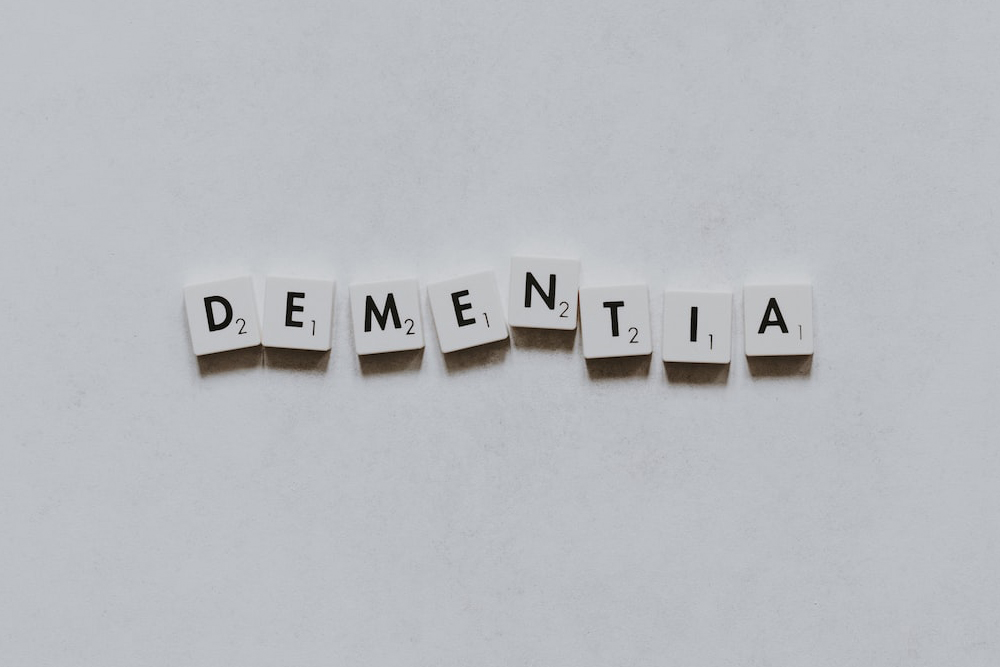
What’s It Like To Have Dementia?
What It’s Like to Have Dementia?
Dementia is, in simpler terms, the loss or deterioration of cognitive functions such as memory, reasoning, the ability to process thoughts, etc.
Alzheimer’s disease is the most common type of dementia, making up 60-80% of dementia cases. It is a brain disorder that worsens over time and affects parts of the brain that control thought, memory, and language.
Do people with Alzheimer’s know they have it?

During the early stages of dementia or Alzheimer’s, patients may be aware of their condition or at least have an inkling that something isn’t right in their brains.
But having Alzheimer’s alters a person’s brain, it destroys the brain cells and causes confusion and memory problems. Due to this, a person with Alzheimer’s may lose awareness of their condition eventually.
Do Alzheimer’s patients know what is going on?

During the early stages of such a disease, some may be aware that something is amiss, but they are not able to pinpoint exactly what it is that is wrong. For example, some may be aware that they “know” who they’re talking to but they won’t know their names.
As the disease damages the brain, anosognosia can develop when the frontal lobes of the brain get damaged. Anosognosia is a common condition in Alzheimer’s patients that causes a loss of awareness of their health condition, which sometimes leads them to think that everything is fine, or it may lead them to refuse the idea of having a disease if confronted about their condition.
Do people with dementia know what they are saying?

Dementia can affect a patient’s ability to have a conversation. It’s not clear how we can know if those with dementia understand what they’re saying, but patients are known to be able to communicate with others using verbal and other types of communication, at least in the early stages of the disease.
For example, a book on Alzheimer’s Disease by Baruh Polis and Abraham Samson mentioned that “[patients] also show problems interpreting the communication partners’ cues and they need prolonged time for responding to their partner. They may use short sentences but more often single words or even react with primitive reflexes.”
Research also observed that people with dementia can call out for their mothers when they feel unsafe. If they ask their carer if they are their mother, it doesn’t mean that they believe their caretakers to be their mother, but they associate the feeling of being cared for and loved because they rely more on their memories and feelings better than recent events. In a way, they know what they are saying, even if they may not make sense to others.
How does it feel to have Alzheimer’s? What does it feel like to have dementia?

People with dementia and/or Alzheimer’s often become disinterested in socializing with others and they become withdrawn. Patients are said to have bouts of depression, irritability, agitation, and mood swings. Patients that have carers can also experience distress and feel insecure when they feel like they’re being treated differently, or like they’re helpless. People with dementia may also have less control over their feelings and they may have difficulty expressing them. This sometimes leads to further irritation with themselves and with others.
One person that was diagnosed with early-onset Alzheimer’s wrote that having AD is like being on a drug that induces sleep and inhibits your ability to make short-term memories and then being awakened in an unfamiliar place with strangers coming in to talk to you, and then they leave you alone. All of this transpires with you having no idea what is going on.
You can have a sense of normalcy if you have a routine, but you’ll forget bits and pieces, like making a cup of coffee in the morning but forgetting where the coffee is, or watching something upsetting but then immediately forgetting what it was after the video is over. These are the kinds of things an AD patient wrote based on her personal experience.
Do people with dementia remember people?

As mentioned earlier, patients can forget people, but they remember emotions. Like how this grandma seems to remember her bond with her grandson. There are other rare cases where patients can still solidly remember someone, like how this woman was able to remember her husband despite having dementia. It’s very common, however, for people with dementia to forget names.
Dementia patients may still be able to recognize people they’ve known from when they were younger, but they rely on their memories from the past. For example, if a patient has grown-up children, they may still recognize them, but they might expect to see the younger version of them.
What do people with Alzheimer’s like?

Patients seem to like doing things that they have done in the past. Going to places they used to go to when they were young, or listening to their favorite song can do wonders to alleviate a patient’s mood.
Planning activities that patients might enjoy can also help them keep active. If you catch them on a good day, try asking them questions about what they like to do, or past hobbies that they might still find enjoyable. It’s important to observe them while they do these activities so that you can gauge whether or not they can do it alone, or together, or if they prefer to watch other people do the activity.
Simple exercises such as walking or lifting weights using household items can also be a great way to engage them in an activity that they won’t find boring.